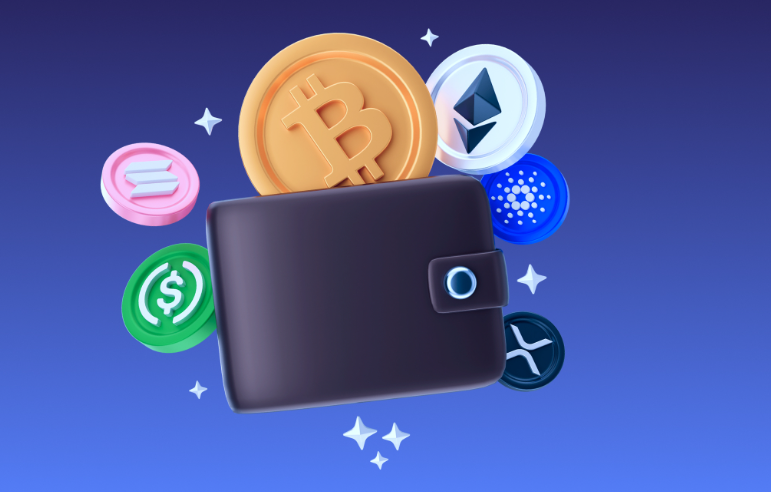In the fast-paced world of cryptocurrencies, protecting your digital assets is paramount. Just as you wouldn’t leave your physical wallet unattended, securing your crypto holdings is essential to prevent unauthorized access and potential losses. In this beginner’s guide, we’ll walk you through the ins and outs of crypto wallet security, ensuring your journey into the world of digital currencies is both rewarding and secure.

An Introduction to Wallet Types and Their Functions
Crypto wallets are the digital equivalents of physical wallets, serving as your means to store, send, and receive cryptocurrencies. Learn about the two main types of wallets—hot wallets and cold wallets—and their respective security features.
The Basics of Private Keys
Private keys are the cryptographic keys that grant access to your cryptocurrency holdings. Discover the importance of keeping your private keys secure and the methods for generating, storing, and protecting them from potential threats.
Exploring the Pros and Cons of Online Wallets
Hot wallets, also known as online wallets, provide instant access to your crypto funds but come with certain risks. Learn how to enhance the security of hot wallets through measures like two-factor authentication (2FA) and choosing reputable service providers.
Leveraging Offline Storage for Utmost Security
Cold wallets, or offline wallets, offer an extra layer of security by keeping your private keys away from online threats. Explore the different types of cold wallets, such as hardware wallets and paper wallets, and how to use them effectively.
Best Practices for Secure Crypto Storage Subtitle
Discover essential security practices to safeguard your crypto holdings. From regularly updating your software and practising strong password management to avoiding public Wi-Fi for transactions, learn how to reduce risks and fortify your defences.
Implementing Safety Measures for Your Digital Assets
Ensuring the security of your crypto holdings goes beyond just choosing the right wallet type. By adopting a set of best practices, you can significantly reduce the risks associated with holding and managing cryptocurrencies. Here are some essential security measures to safeguard your valuable digital assets:
Regularly Update Your Software
Just like any other digital tool or software, cryptocurrency wallets and related applications receive updates. These updates often include critical security patches that address vulnerabilities. By staying up-to-date with the latest software versions, you ensure that your wallet is equipped with the most robust security features.
Practice Strong Password Management
Your wallet’s password is the first line of defence against unauthorized access. Choose a strong, unique password that combines letters, numbers, and special characters. Avoid using easily guessable information like your birthdate or common words. Additionally, consider using a password manager to keep track of your passwords securely.
Use Hardware Wallets for Cold Storage
Hardware wallets are physical devices specifically designed to store cryptocurrencies offline. They offer an incredibly high level of security since they remain disconnected from the internet when not in use. Storing the majority of your crypto holdings in a hardware wallet minimizes the risk of online hacks and breaches.
Beware of Scams and Phishing
Educate yourself on the common scams and phishing attempts targeting cryptocurrency holders. Understand the tactics used by malicious actors and learn how to identify red flags to protect yourself from falling victim to fraud.
Conclusion
As you journey into the world of cryptocurrencies, remember that your security is in your hands. By understanding the different wallet types, valuing the significance of private keys, balancing the convenience of hot wallets with their risks, and embracing the protection offered by cold wallets, you’re on your way to becoming a responsible and secure crypto holder. Implementing best practices and staying vigilant against scams further fortifies your fortress of crypto security, ensuring your digital assets remain safe and sound.

